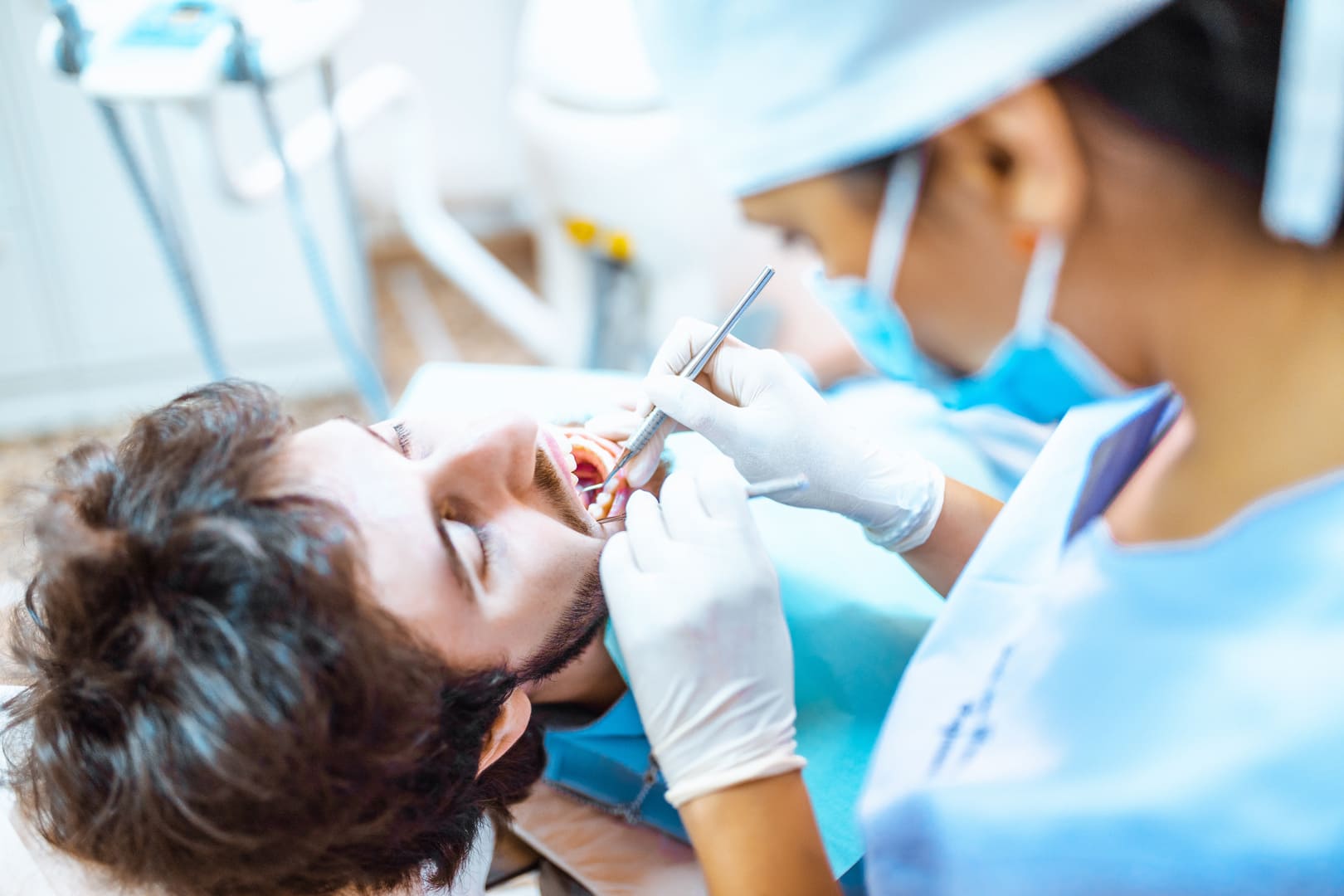News & Updates
Breast Cancer Awareness Month: Supporting Health Through Dental Care
October is Breast Cancer Awareness Month, a time to show our support for those affected by breast cancer, honor the survivors, and remember the loved ones we’ve lost.

Smile Bright, Baby’s in Sight!
A healthy smile goes hand in hand with a healthy pregnancy. Did you know gum disease can lead to complications like early labor or low birth weight? But don’t worry – keeping your teeth and gums in great shape can help you and your little one stay on track!

Comprehensive Dental Care at West U Family Dental
At West U Family Dental, the number one question we get is, "What services do you provide?" The answer is simple: there’s pretty much nothing we can’t do! With our convenient location in West University Place, we are here to meet all your dental needs, offering a comprehensive range of services to keep your smile healthy and beautiful.

Is Sparkling Water Bad for My Teeth?
Despite common concerns, research indicates that sparkling water is generally safe for your teeth. A study comparing the effects of sparkling water and regular water on tooth enamel found no significant difference in their impact.

How Long Does Invisalign Take to Work? Average Treatment Times
Invisalign is a popular alternative to traditional braces, offering a discreet way to straighten teeth. Understanding the treatment timeline is crucial for setting expectations and planning. This article will detail the average treatment times and factors that influence them.

The Importance of Regular Dental Cleanings
Maintaining good oral hygiene is crucial for overall health, and regular dental cleanings play a significant role in this. At West U Family Dental, we prioritize your dental health by offering comprehensive cleaning services to ensure your smile stays bright and healthy.

Is It Sinus Pressure Or A Toothache?
Did you know that sinus pressure can cause symptoms that closely mimic a regular toothache? Sinus congestion and infections can cause your upper teeth to hurt as if you had a cavity or even an abscess.

%20(1).svg)

.svg)